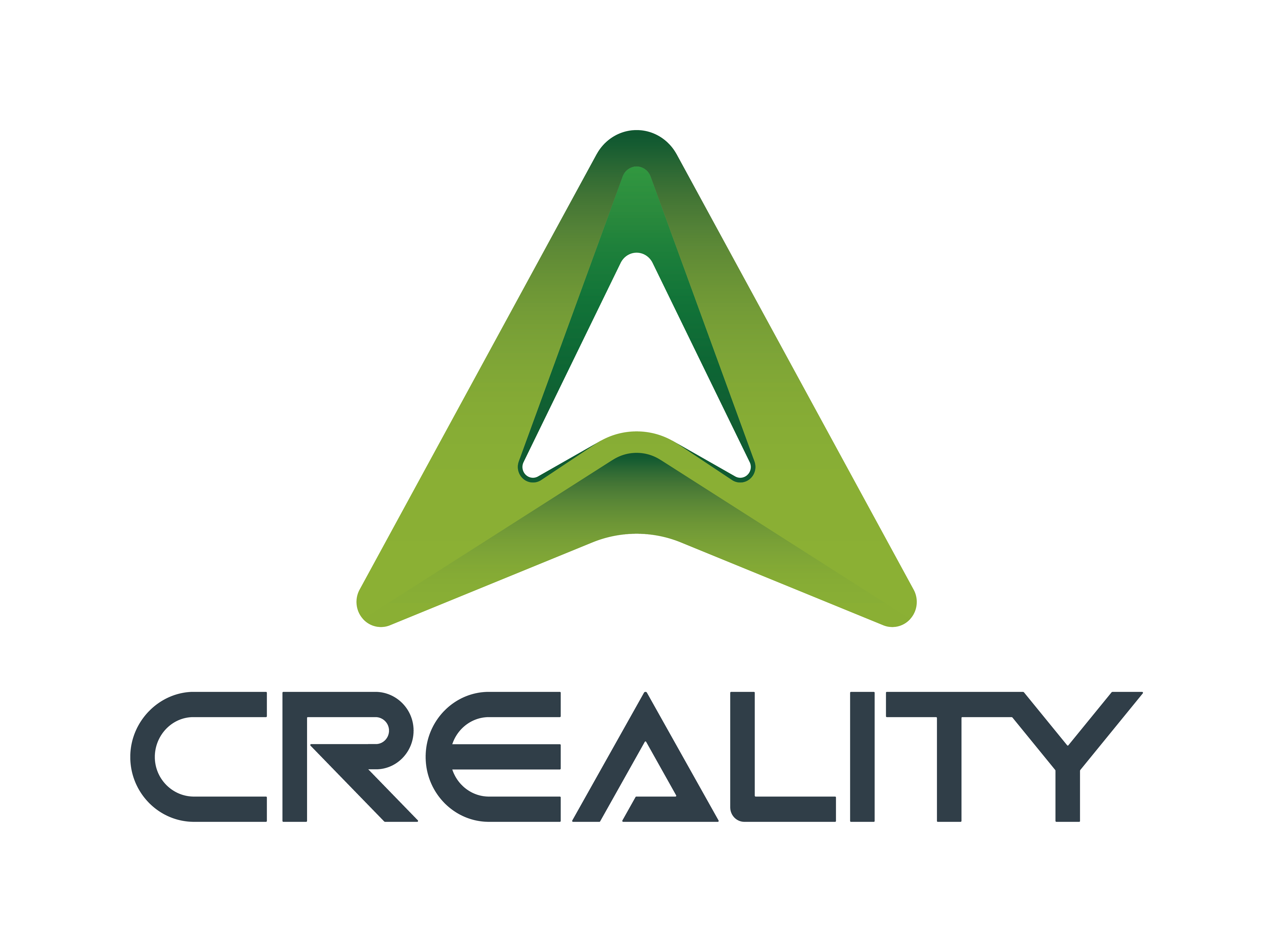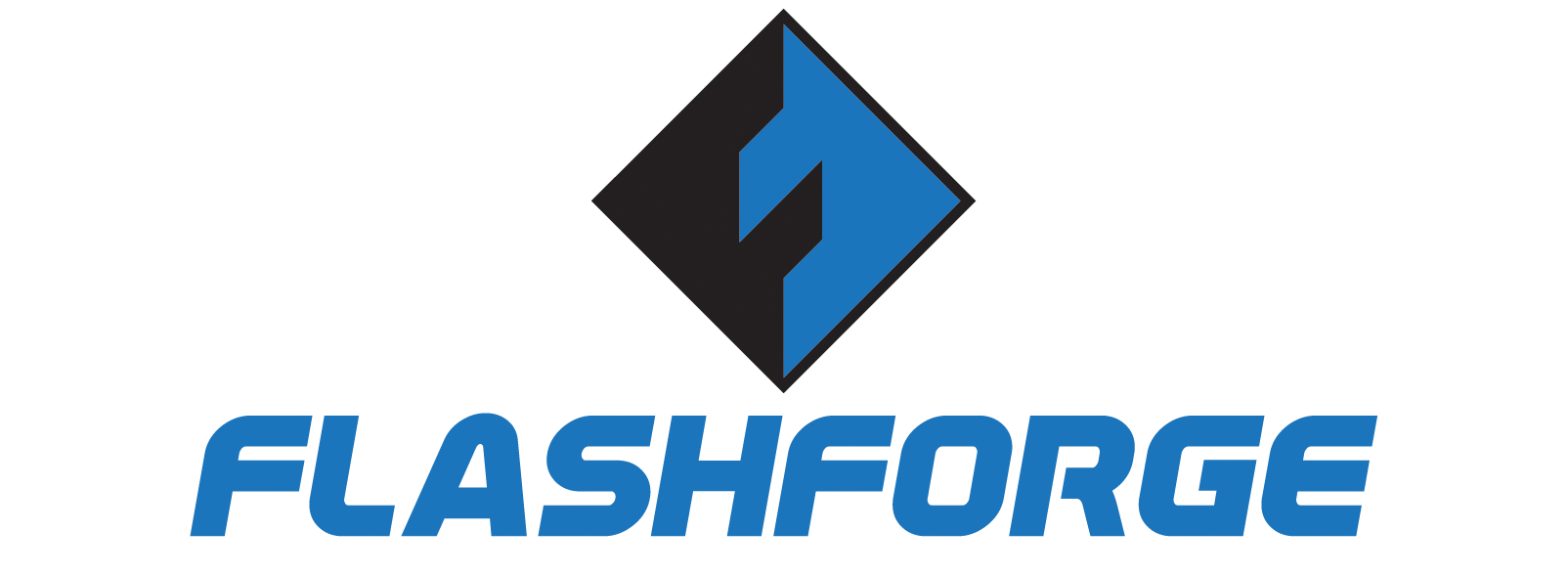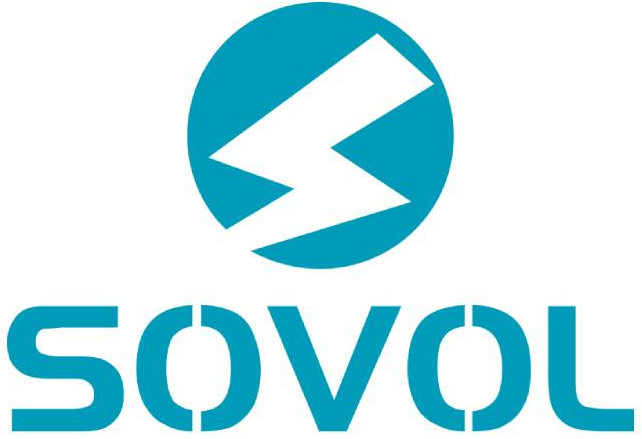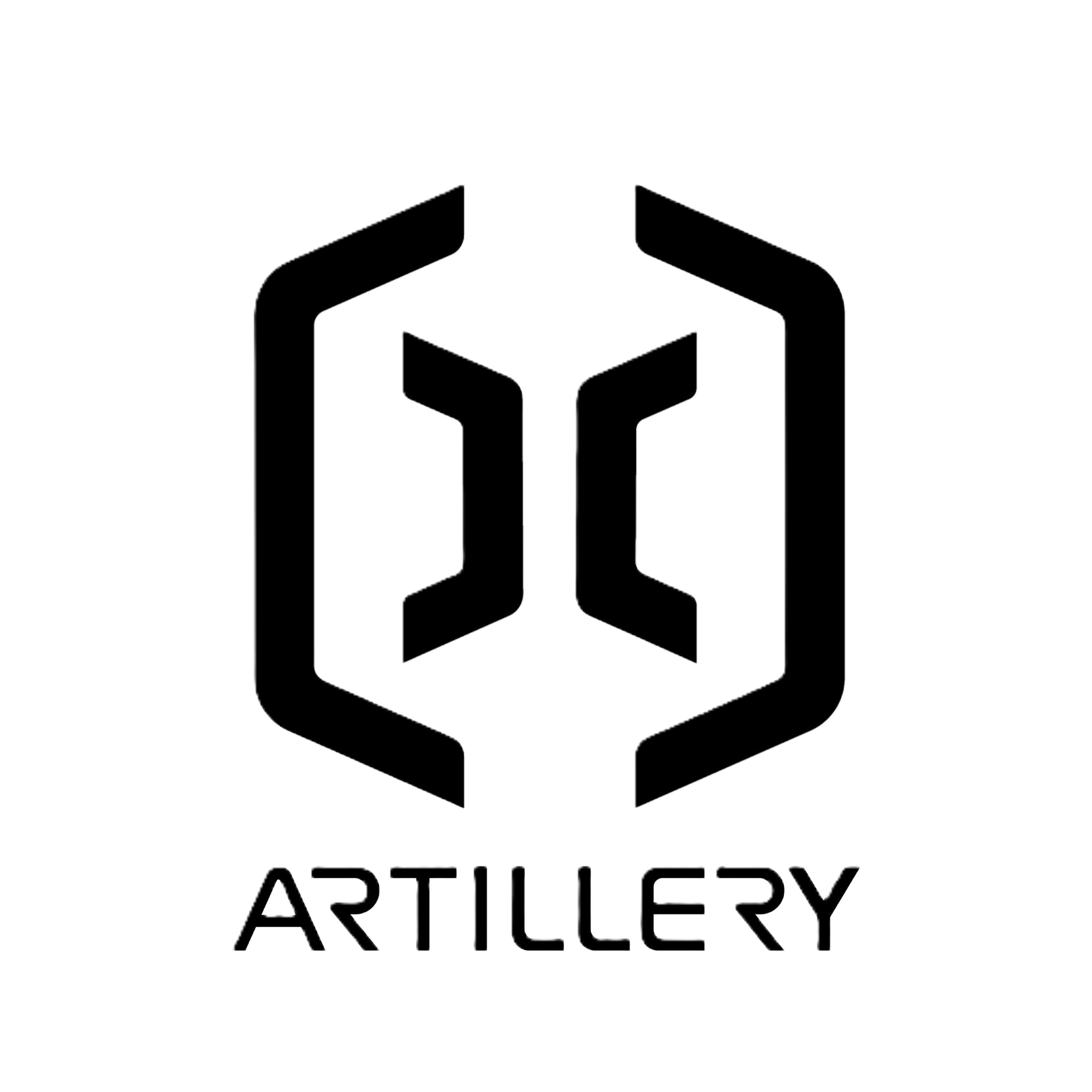Top 3D Printers Brands Based In china Brands
Here's what we recommend for:
All 3D Printers Brands
Home 3D Printer Buying Guide
3D printing at home is becoming increasingly popular, offering endless possibilities for creativity, prototyping, and even small-scale manufacturing. If you're considering buying a 3D printer for personal use, here’s a quick guide to help you make the right choice.
1. Determine Your Purpose
Start by asking yourself what you plan to print.
-
Hobby models and toys: Basic FDM (Fused Deposition Modeling) printers will do.
-
Detailed prototypes or miniatures: Consider SLA (Stereolithography) printers for higher precision.
-
Functional parts: Look for printers that handle durable materials like ABS, PETG, or nylon.
2. Choose the Right Printing Technology
-
FDM Printers: The most common and affordable. Great for beginners and general use.
-
SLA/DLP Printers: Offer high-resolution prints but use liquid resin and need post-processing. Ideal for detailed work.
-
MSLA Printers: A type of resin printer that is faster and often cheaper than standard SLA models.
3. Key Features to Look For
-
Print Volume: The maximum size your printer can handle. Larger volumes mean bigger prints.
-
Print Resolution: Lower micron numbers mean smoother details.
-
Ease of Use: Features like auto-bed leveling, touchscreen interfaces, and Wi-Fi connectivity can make a big difference.
-
Material Compatibility: Some printers work with multiple filaments like PLA, ABS, PETG, or flexible filaments.
-
Enclosed vs. Open Frame: Enclosed printers maintain temperature better and are safer around kids and pets.
4. Budget Considerations
-
Entry-level (under $300): Good for beginners (e.g., Creality Ender 3, Anycubic Kobra).
-
Mid-range ($300–$800): Better build quality and more features (e.g., Prusa Mini+, Bambu Lab A1 Mini).
-
High-end ($800 and above): Superior reliability, speed, and precision (e.g., Prusa MK4, Bambu Lab X1C).
5. Other Important Tips
-
Support and Community: Choose brands with strong online communities and good customer service.
-
Upgradability: Some printers allow easy upgrades like better nozzles, direct-drive extruders, or hardened parts.
-
Maintenance: Every 3D printer needs maintenance. Resin printers require extra care with cleaning and handling chemicals.
Conclusion
Choosing the right 3D printer depends on what you want to create, how much you want to spend, and how much effort you're willing to invest in learning and maintenance. Start simple if you're new, and scale up as you gain experience. Happy printing!
KEEP READING

















